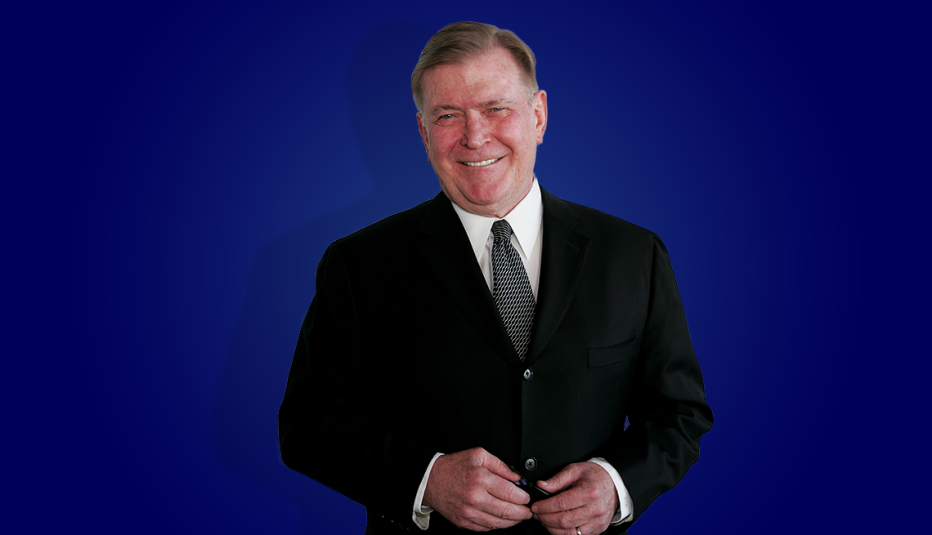AARP Hearing Center


As a former editor of Rolling Stone, Esquire and Sports Illustrated, Terry McDonell, 78, has had friendships with acclaimed authors and rubbed elbows with famous musicians and actors. But it was his mother, who was widowed at age 25 and built a fulfilling and joyful life, who has inspired him the most. In his new memoir, Irma: The Education of a Mother’s Son, McDonell explores how her indomitable spirit and unending encouragement shaped him.
What inspired you to write about your mother?
I started out trying to write about myself. Then I realized that those were tired old stories and that my mother was actually much more interesting. So I turned to her. [The process took] a couple years. I was thinking on a completely different level about my own youth and how that affected me as an adult. It was like a big door opened when I realized that she was responsible for everything.
What do you think that she would say if she could read it?
Irma would probably like the book because she encouraged me to write. But she would probably have a kind of smile realizing that it was being published [in advance of] Mother's Day, which she always thought was more about marketing than motherhood.
You say “Irma” instead of “Mom.” Did you actually call her that?
I started calling her Irma when I was old enough, I thought, to call her Irma. She got a kick out of that. I was probably 40. I was just showing off, you know?
Can you share a special memory of her?
I remember driving west to California in a new Ford convertible with the top down. She said we were working on our tans, and she liked to sing along to the radio.
What’s on your reading list?
I’m reading Jim Harrison’s Complete Poems, which is a great, great volume. It’s thick, and it’s over his entire career. I read one poem a day and note the day I read it and if I have any thoughts. It’s becoming kind of a diary at the same time. When I was working on Irma, it was invaluable to me in terms of language and ideas. I’m still not through it. Also, Tom McGuane’s Cloudbursts: Collected and New Stories is staggeringly brilliant and funny.
What is one thing all great writers have in common?
I think all great writers share a kind of a linked insecurity. They want to be better, they want to do good, they want people to like their work. Every single one of them that I have worked with, especially the best ones, worried because they really wanted to do the best possible work. They thought about that all the time.
Who are some of the best writers that you’ve ever edited?





























































More Celebrity Q&As
Wynonna Judd Is Honoring Her Mother’s Legacy
Country singer talks grieving, facing your fears and full-time farming
Hope Davis Is a Complex Character
Talented actress talks baking, binging ‘The Great British Bake Off’ and backyard playsOur Quick Questions Series Features Celebrity Interviews
Read exclusive interviews with the biggest names in Hollywood and TV, best-selling authors and more high-profile personalities